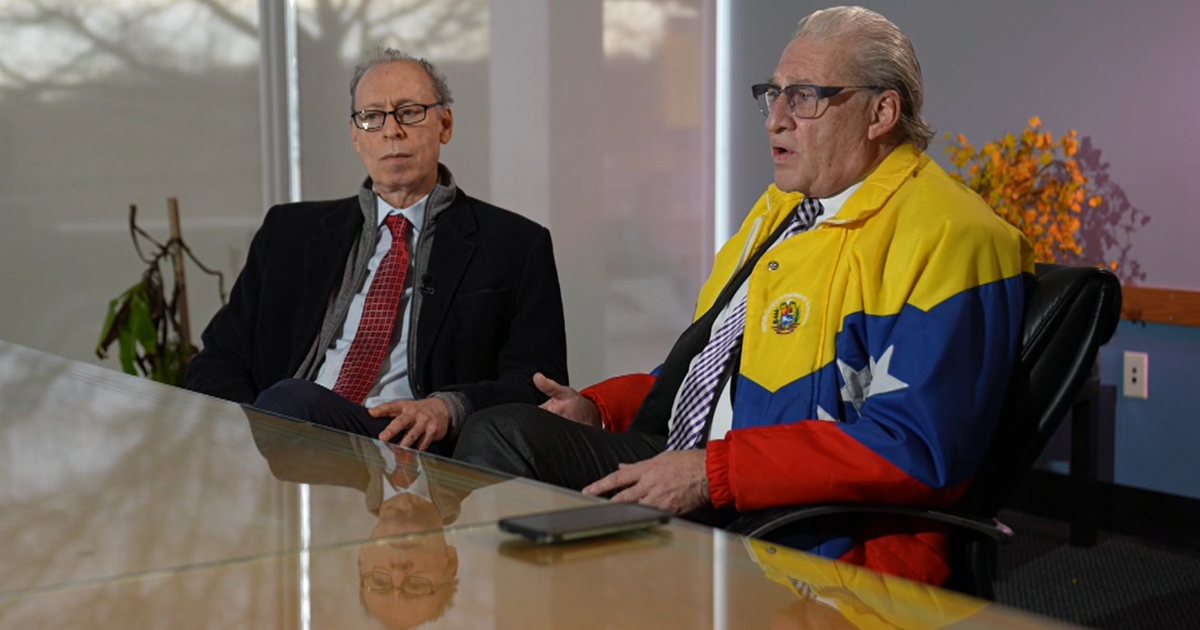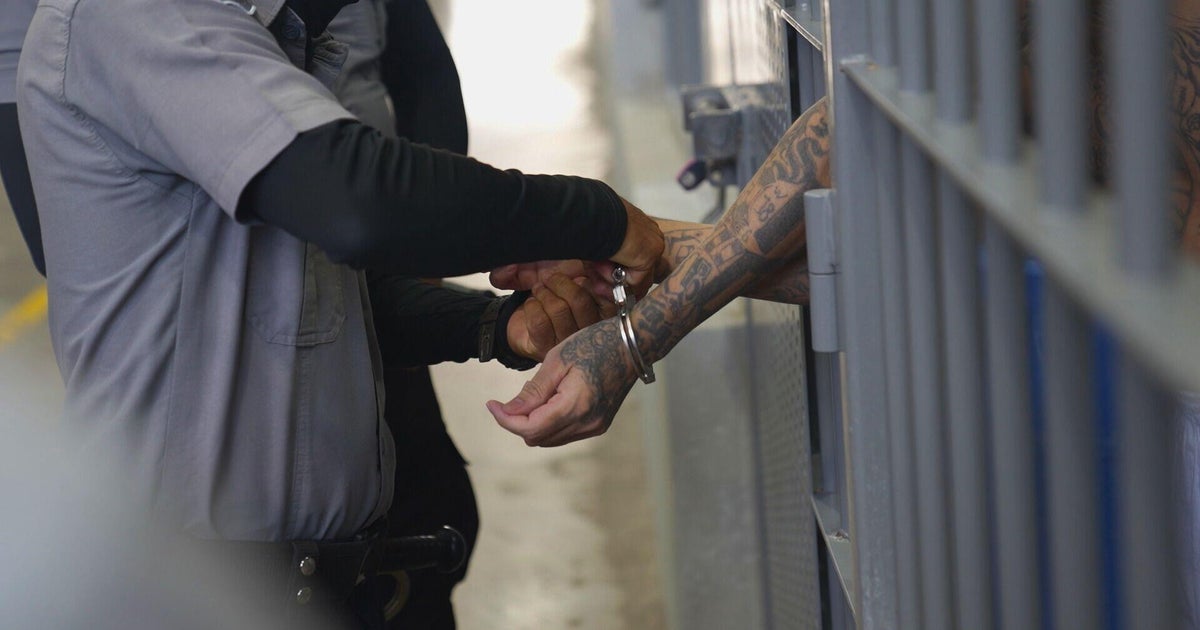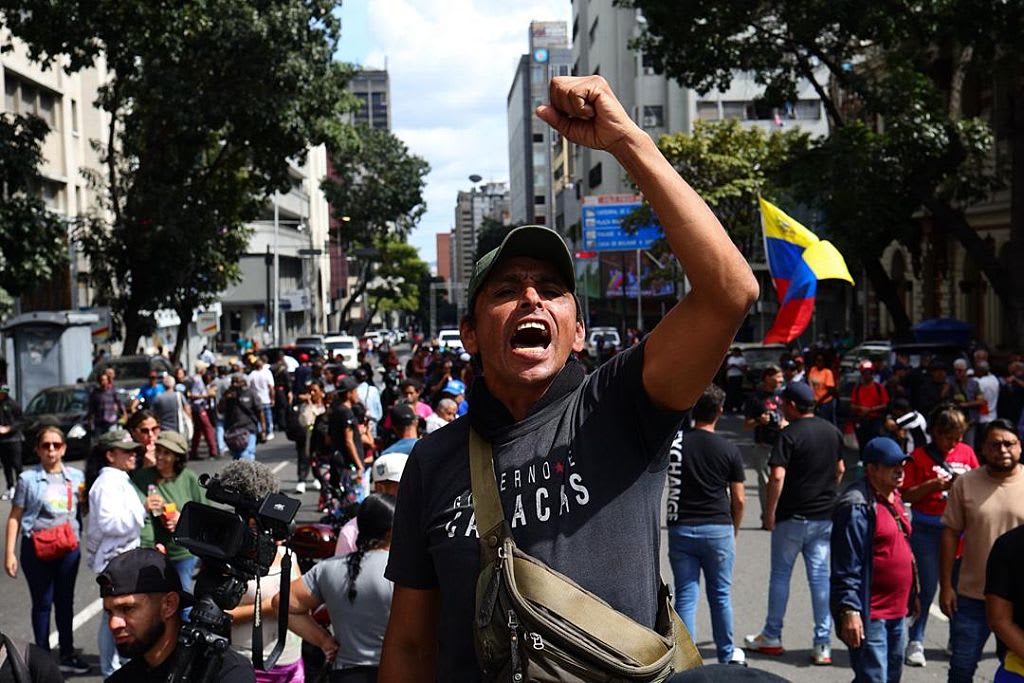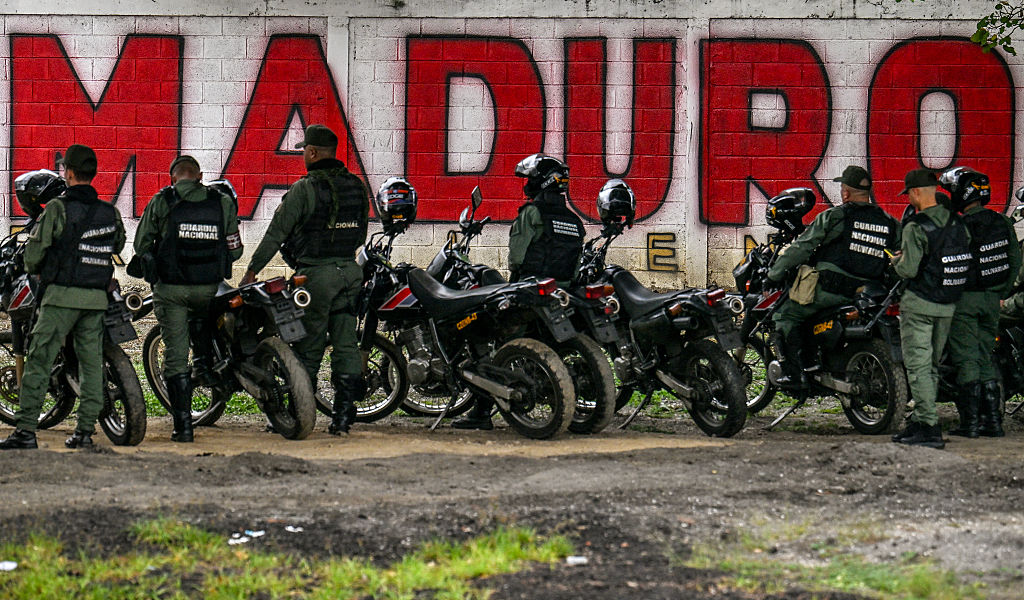Venezuela showdown could lead to U.S. confrontation with Cuba, says former top U.S. diplomat
The political crisis in Venezuela could lead to a "confrontation" between the United States and Cuba, which maintains close ties with Caracas, according to the former top U.S. diplomat in Cuba, Vicki Huddleston.
"I think we're in a very difficult and serious place right now," said Huddleston, a former U.S. ambassador to Mali and Madagascar who, from 1999 to 2002, served as the country's top diplomat in Havana under Presidents Clinton and George W. Bush.
Huddleston said the two countries' previous leaders, Fidel Castro in Cuba and Hugo Chavez in Venezuela, forged a close relationship – helped by a steady flow of subsidized oil – that has endured between the leaders of their present-day regimes.
Though Venezuela's opposition leader and newly recognized interim president Juan Guaidó has benefited from the support pledged by the U.S. and a number of Latin American and European nations, Huddleston said, the country's president, Nicolas Maduro, considered by the U.S. to be illegitimate, could still rely on Cuba – and, by proxy, Russia.
"Cuba's relationship with Venezuela has facilitated a greater presence of Russia," Huddleston said in a recent interview with Intelligence Matters host and CBS News senior national security contributor Michael Morell. "As we push with other Latin Americans to see Maduro step down, you have the Cubans, you have the Russians advising him not to step down," she said.
"And I don't see that the administration at this point is trying to arrange a soft landing – which actually is the only way out," she told Morrell. The only way Maduro would be overthrown, she argued, would be if his military turned against him.
"In order to get this, they have to be assured of some kind of soft landing," Huddleston said.
Likely exacerbating some of the tensions was the Trump administration's diplomatic pullback from Cuba, Huddleston said.
Though the previously frosty relationship between Washington and Havana saw a meaningful thaw during the Obama administration, which encouraged a diplomatic opening, Mr. Trump, at the urging of his national security adviser John Bolton, has adopted a much tougher stance.
The administration is currently reviewing whether it will allow a stricter embargo against Cuba to go into effect – since 1996, every president has waived the embargo twice a year.
"I think most Cuba watchers and experts on Cuba believe the policy is now regime change for Cuba, as well as other countries in the world" she said, citing Venezuela and Iran as examples.
"The most damaging part of this is that it's going to make companies that are considering investment in Cuba hesitate and probably not invest," she continued. "And the end result of this is not only a harsher policy, but Cubans are already in an increasingly precarious situation. Medicines are scarce. Even food is scarce."
"But the thing that it does more than anything else," Huddleston said, "it will continue to push Cuba in the direction of Russia and China."
"It's like Russia has come back to the hemisphere," she said.
For much more from Michael Morell's conversation with Vicki Huddleston, you can listen to the new episode and subscribe to Intelligence Matters here.






